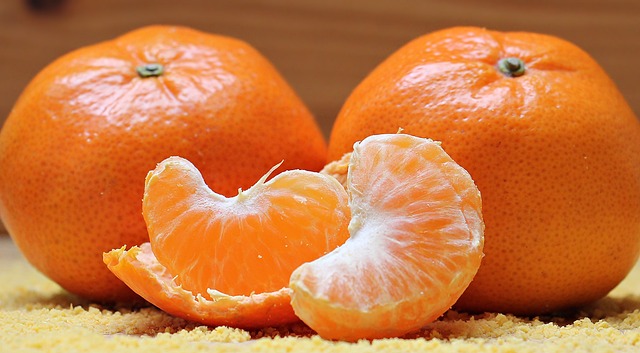Don’t ignore the warning signs: How probiotics can help prevent bowel disorders?
Bowel disorders can affect anyone at any age. They can be painful, embarrassing, and even life-threatening if not treated properly. If you are experiencing any warning signs of a possible bowel disorder, such as diarrhea, constipation, bloating, cramping, or irregular bowel movements, it’s important to take action early. One way to support your digestive health is through probiotics.
What are probiotics?
Probiotics are live microorganisms that provide health benefits to the host when ingested. They are often referred to as the “good” bacteria because they help maintain the balance of bacteria in the gut. The gut contains trillions of bacteria, both good and bad. The good bacteria play a vital role in the digestive process and help keep the immune system working properly.
How can probiotics help prevent bowel disorders?
Probiotics have been shown to help prevent and treat many types of bowel disorders, including:
- Diarrhea – caused by an imbalance of bacteria in the gut, often due to antibiotics or infections.
- Constipation – caused by slow digestion, dehydration, or poor diet.
- Bloating – caused by excess gas in the digestive tract.
- Cramping – caused by muscle contractions in the bowel.
- Irregular bowel movements – caused by a variety of factors, including stress and poor diet.
Several studies have shown that probiotics can help prevent and treat these conditions. For example, one study found that taking a specific probiotic strain helped reduce the severity and duration of diarrhea caused by antibiotics. Another study found that taking probiotics significantly improved symptoms of constipation in women. And a third study found that probiotics helped reduce bloating and cramping in people with irritable bowel syndrome.
What are the best sources of probiotics?
Probiotics can be found in many different foods and supplements. Some of the best sources of probiotics include:
- Yogurt – look for brands that contain live and active cultures.
- Kefir – a fermented milk drink that is high in probiotics.
- Sauerkraut – a fermented cabbage dish that is high in probiotics.
- Miso soup – a Japanese soup made from fermented soybeans.
- Kombucha – a fermented tea drink that is high in probiotics.
- Probiotic supplements – available in capsule, tablet, or powder form.
It’s important to note that not all probiotic products are created equal. Look for products that contain strains of bacteria that have been clinically studied and shown to provide health benefits. Also, be sure to follow the recommended dosage and storage instructions.
Conclusion
If you are experiencing any warning signs of a possible bowel disorder, don’t ignore them. Taking action early can help prevent the condition from worsening and potentially causing serious complications. Adding probiotics to your diet is one natural and effective way to support your digestive health and prevent bowel disorders. Talk to your doctor or a registered dietitian for more information about probiotics and how they can benefit your health.







